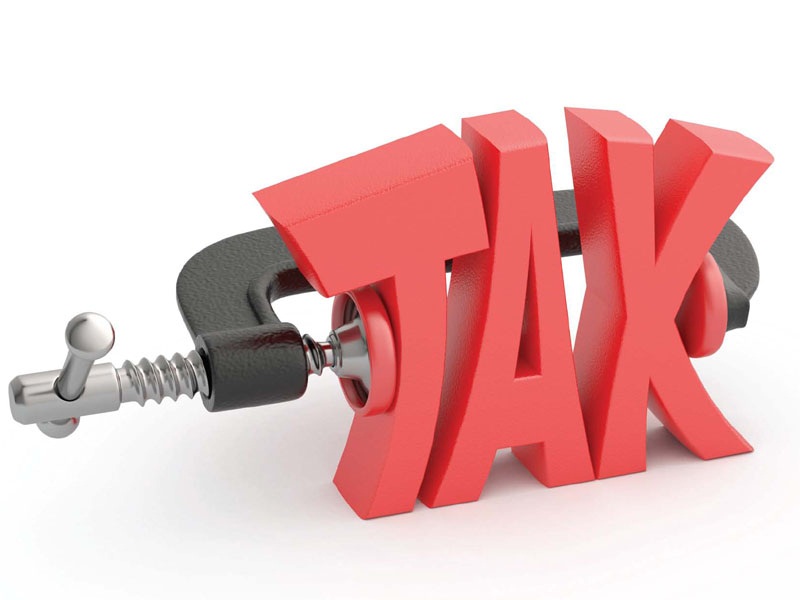Every business will encounter its fair share of obstacles. Even so, there is no reason why you cannot bypass as many of them as possible by planning ahead. Consider the following list of 4 common financial mistakes other business owners have gone through, along with tips on how to avoid them.
- Not setting aside a cash cushion
One of the biggest financial mistakes is failing to set aside emergency funds. Every business will experience cycles of growth and decline, regardless of the industry it is in.It is crucial that you have a cushion of cash so you can successfully weather any rough patch your business encounters. If you need to find a quick capital solution, consider a provider like First American Merchant. They offer solutions to a long list of merchants and businesses traditional lenders consider “too high-risk”; you can even secure their business funding with bad credit.
- Allowing yourself to be dazzled by the topline
An easy mistake to make – especially for a business startup –it is easy to be blindsided by your competitors and their extravagant spending. According to a survey by the National Association of Independent Business, the biggest expenditure of small businesses is employee wages (19.4 percent). Inventory (7.7 percent) and office space (4.6 percent) followed close behind. Small businesses also spent 37 percent more on plane tickets than large companies. Avoid overstaffing, make sure marketing efforts are targeted and focus on profitability. Always pay close attention to the bottom-line.
- Overpaying business taxes
Every small business has the legal responsibility of paying taxes. However, one of the most common mistakes business owners make is overpaying their taxes. The reason? They simply misunderstand the complex system of tax codes, wait until the last minute and then have to rushor they mismanage their expenses. The best way to avoid this is to keep track of all of your business expenses and seek the guidance of a tax expert long before your taxes are due.
- Mismanaging cash-flow
Many businesses assume their company is performing well because it is profitable, but overlook the importance of positive cash-flow. Without sufficient cash, your business will lose its flexibility. You will be unable to cover day-to-day expenses, cover payroll, hire new staff, purchase new equipment or increase inventory. While your sales may be promising, your business could be rapidly leaking cash at the same time. Make sure you regularly check the status of your business’ cash-flow to avoid putting your business in a dangerous cash situation.
“I learned the hard way you have to budget to manage your cash flow and what gets most small businesses in trouble is not proactively managing their cash flow,” says CEO of GreenPal, Bryan Clayton.

















